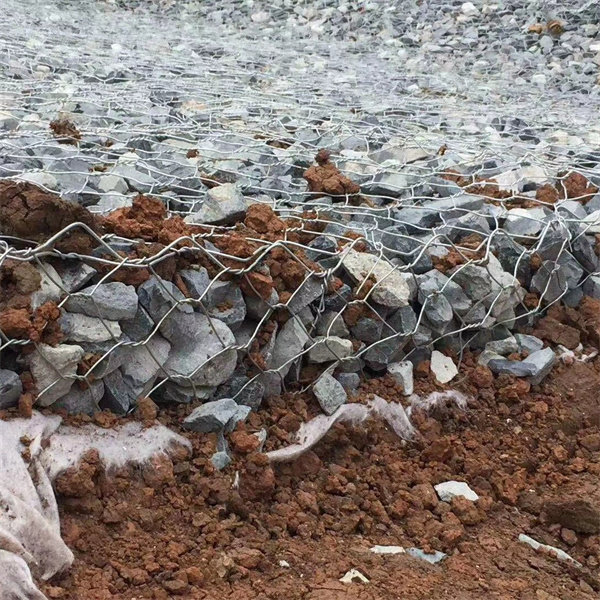Sep . 21, 2024 12:16 Back to list
gabion basket sizes manufacturer
Understanding Gabion Basket Sizes A Guide for Manufacturers
Gabion baskets, constructed from durable wire mesh and filled with stones or rocks, have become increasingly popular in various construction and landscaping projects. These versatile structures serve multiple purposes, including erosion control, retaining walls, and decorative elements. As a manufacturer, understanding the different sizes of gabion baskets and their applications is crucial for meeting the needs of your clients and ensuring the success of your products.
Importance of Size in Gabion Baskets
Gabion baskets come in various sizes, which are essential for the effectiveness of their intended use. The size of a gabion basket can influence its structural integrity and functionality. Determining the appropriate size involves considering several factors, including the specific application, the environment, and the volume of material the basket will hold.
Common dimensions for gabion baskets typically range from small units of about 2 feet by 2 feet by 3 feet to larger configurations that can extend as much as 6 feet by 3 feet by 3 feet, or even bigger for specialized applications. Understanding these dimensions helps manufacturers produce suitable products for residential landscaping, commercial construction, and infrastructural projects.
Applications of Various Sizes
1. Erosion Control Smaller gabion baskets are used in residential areas where localized erosion is a concern. These diminutive structures can easily fit in tight spaces and can be stacked to create a more extensive barrier against soil erosion.
2. Retaining Walls Larger gabion baskets are ideal for constructing retaining walls. The size and weight of these baskets allow them to support significant loads and resist shifting due to soil pressure. Manufacturers producing larger units must ensure that the wire mesh and the filling material are adequate to handle these demands.
gabion basket sizes manufacturer

3. Flood Control Low-lying areas prone to flooding can benefit from oversized gabion structures. Large baskets filled with heavy stones provide robust barriers to divert water flow. Sizes in this category require a focus on the strength and durability of the materials used in manufacturing.
4. Decorative Landscaping For more aesthetic applications, gabion baskets can serve as unique garden features or privacy screens. Smaller, more intricate designs can enhance the visual appeal of outdoor spaces while still providing form and function.
Customization and Flexibility
As a manufacturer, offering customizable gabion basket sizes can enhance your competitive edge in the market. Clients may have specific needs that require adjusting standard sizes or creating entirely new dimensions. Being able to cater to unique specifications not only fulfills client demands but also opens doors to different markets and applications.
Quality and Material Considerations
Regardless of size, the quality of materials used in gabion basket production is paramount. Galvanized steel wire is often preferred for its corrosion resistance and strength. Manufacturers must also consider the appropriate gauge of wire for specific applications to ensure durability and longevity.
Conclusion
In conclusion, understanding gabion basket sizes is essential for manufacturers who wish to remain competitive and meet client needs effectively. By offering a range of sizes tailored to various applications—from erosion control to decorative uses—manufacturers can position themselves as experts in the field. Prioritizing quality materials and customization options will further enhance the appeal of your products in an increasingly diverse marketplace. With the right approach, gabion baskets can continue to be a vital part of sustainable construction and landscaping efforts.
-
Why PVC Coated Gabion Mattress Is the Best Solution for Long-Term Erosion Control
NewsMay.23,2025
-
Gabion Wire Mesh: The Reinforced Solution for Modern Construction and Landscape Design
NewsMay.23,2025
-
Gabion Wall: The Flexible, Seismic-Resistant Solution for Modern Landscaping and Construction
NewsMay.23,2025
-
Gabion Wall Solutions: The Durable, Decorative, and Affordable Choice for Every Landscape
NewsMay.23,2025
-
Gabion Basket: The Durable and Flexible Alternative to Traditional Retaining Walls
NewsMay.23,2025
-
Gabion Basket: The Proven Solution for Slope Stability and Flood Control
NewsMay.23,2025
-
Versatility of Chain Link Fence Gabion
NewsMay.13,2025






